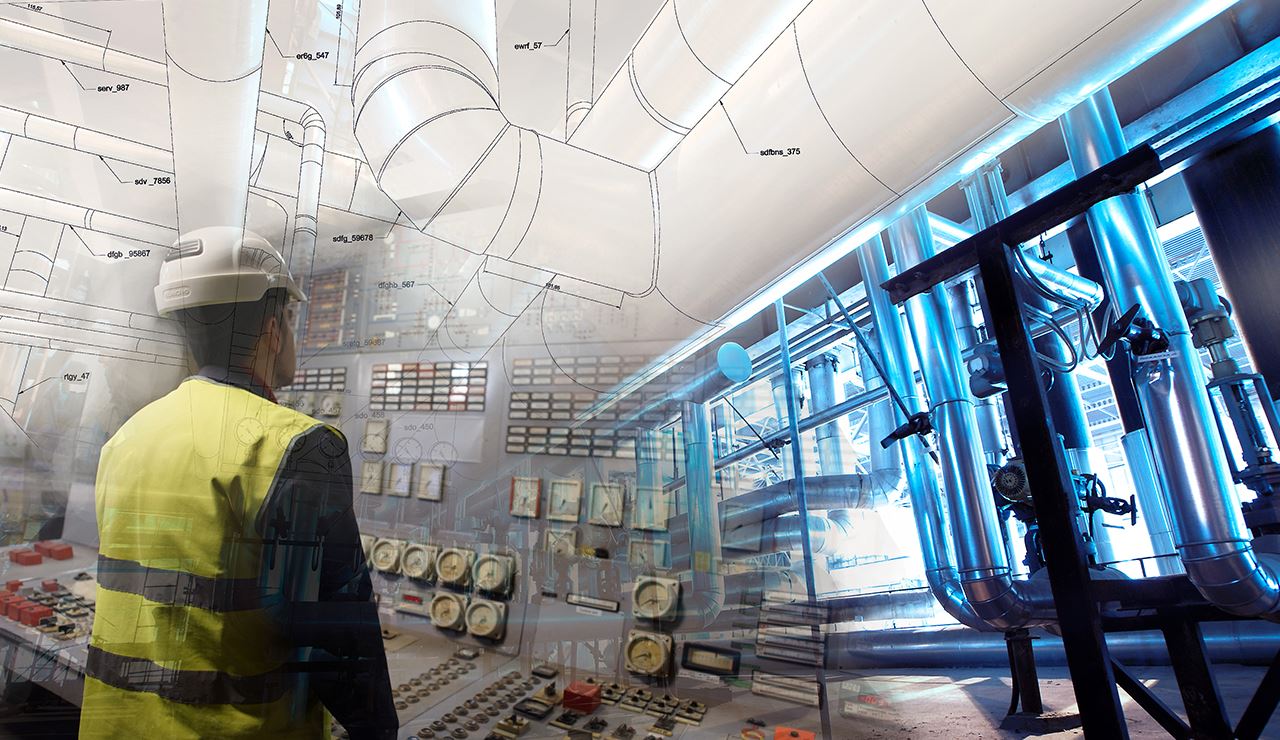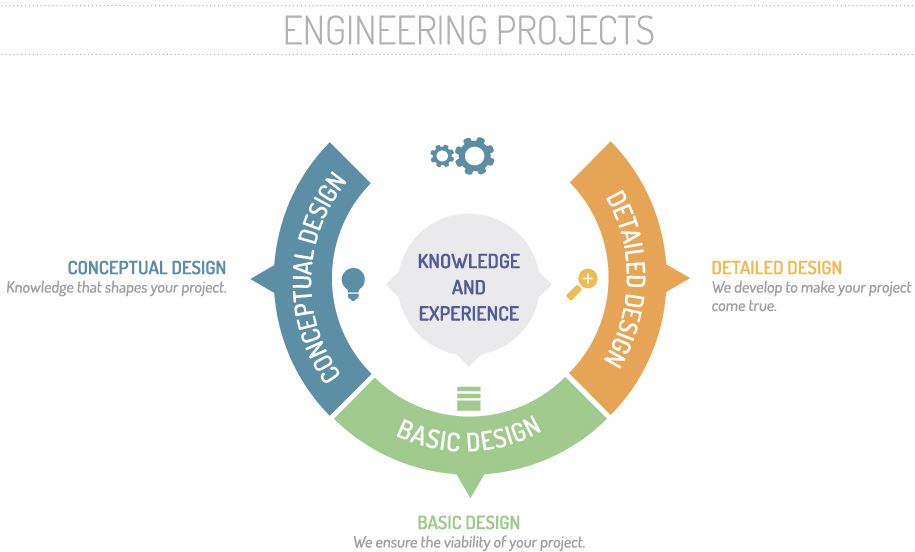by Alexis Devenin, MBA, PMP
One of the most typical problems in projects is scope creep, or the appearance of new requirements during project execution. The consequence of the appearance of new requirements is an increase in costs and time to complete the project.
One of the principal reasons to have unexpected requirements is an incomplete identification of project stakeholders. In fact, if you are unable to identify stakeholders, how you can understand and identify their needs, requirements, and constraints?
To identify stakeholders requires a 10,000 feet panoramic view. Because of your role and career path in the organization, and because of your academic background, personal skills, and character, you have a personal vision of the project goals, priorities, and scope. And that's okay! The company put you in a project management role because of your personal skills and vision. Nevertheless, if you don't have the ability of active listening and observing, you will advance in your particular interpretation of the project. Along the way, you will be surprised by unexpected stakeholders with complex and unexpected requirements.

Source: https://www.ghd.com/en-us/services/plant-engineering.aspx
In my particular area of practice, plant engineering project management, I have to link engineering phases to different stakeholders. Engineering projects usually have at least three different distinct phases: conceptual engineering, basic engineering, and detail engineering. Once these three phases of engineering are completed, construction begins. Each of these phases is dominated or influenced by different stakeholders.
In general, the project initiation is related to a business opportunity. The product definition, the production capacity, the location, and the plant performance are defined in this conceptual engineering stage. An outline or sketch up of the plant is defined, and the project at this stage is seen through business and strategic lenses. Clearly, in this phase, the highest influencer stakeholder is top management of the organization.
Once the conceptual phase is defined and concluded, the basic engineering phase is developed. At this stage, we have to put boots on the ground with engineering design. Process and instruments (P&I), layout diagrams, energy, raw material flow and principal equipment must be defined. Logistics and product storage shall be specified. A more precise investment estimation must be developed. At this stage, operations managers and production engineers are the most interested stakeholders and the ones that have to contribute the most to the engineering definitions.
Finally, detail engineering completely defines the equipment specifications and layout in sufficient detail that the constructor can execute the project. At this stage, is very important to check with operators and maintainers. These stakeholders have a practical “field” interest. To include these stakeholders in design review can avoid a lot of problems in operations and can improve the reliability and maintainability of the new production line.

Source: https://www.steengipharm.com/servicios-proyectos-de-ingenieria
The following table summarizes the engineering phases and the most important stakeholders in each stage:
Engineering
Phase |
Fundamental
Stakeholder |
Definitions /
Regard |
| Conceptual Engineering |
Top management |
Business-Strategic |
| Basic Engineering |
Operations manager
Production engineers |
Mass & energy flow
Technical standards
Logistics |
| Detail Engineering |
Operators
Maintainers |
Functionality-Safety-
Maintainability-Reliability |
In each engineering phase, it is important to check the design with the interested stakeholders. The division is not rigid or immovable, if not rather diffuse and iterative. Important changes in design have to be checked with all stakeholders. Implementing this process as a practice will help to achieve better results and minimize unexpected requirements during the execution phase.
About the Author
 Alexis Devenin is a Mechanical Engineer with his MBA and PMP certification. He is an Engineering Project Manager with 20 years of experience in the Steel, Mining and Renewable Energy industries. Connect with him on Linkedin: www.linkedin.com/in/alexisdevenin
Alexis Devenin is a Mechanical Engineer with his MBA and PMP certification. He is an Engineering Project Manager with 20 years of experience in the Steel, Mining and Renewable Energy industries. Connect with him on Linkedin: www.linkedin.com/in/alexisdevenin
